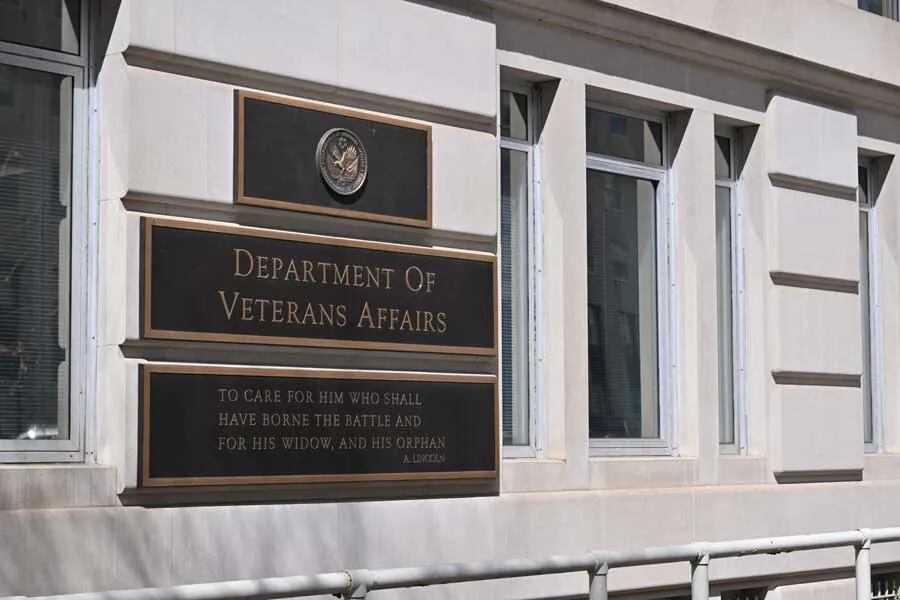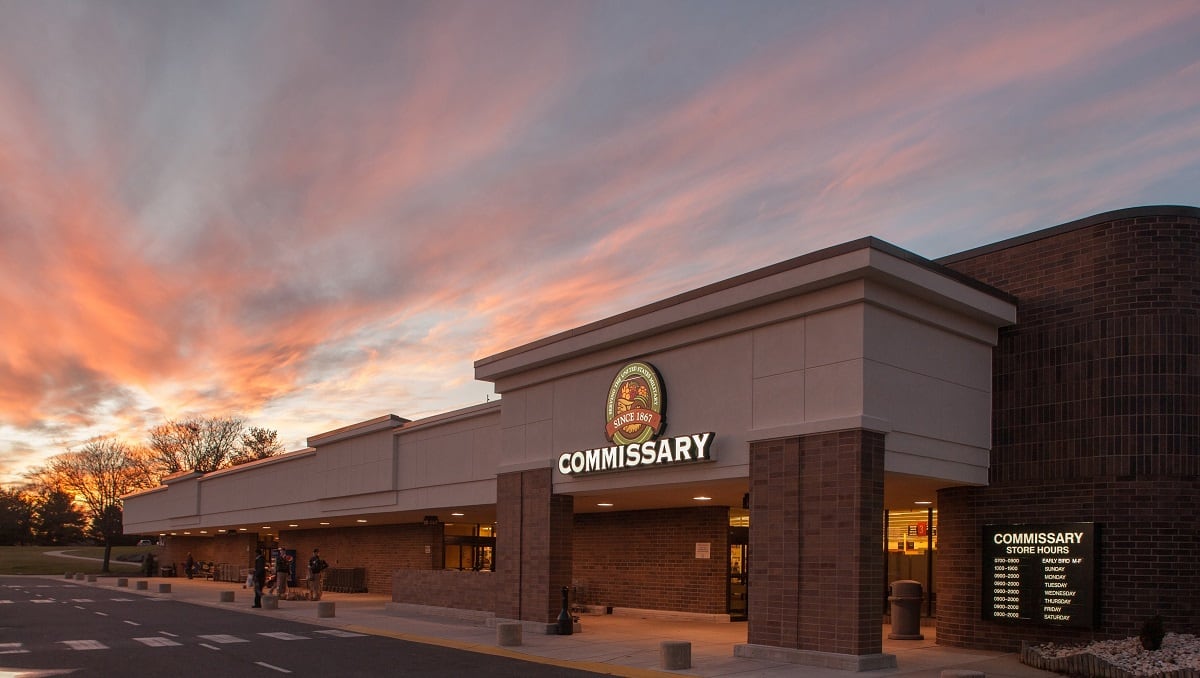Q. My fiancé, an Army retiree, recently turned 65 and went to the Social Security office to sign up for Medicare. He was told he did not need Part B because he was eligible for Tricare for Life.
I have a lot of questions:
1. Is a retiree over 65 required to also carry Medicare Parts A and B to remain eligible for Tricare for Life?
2. Must a veteran over age 65 have TFL to be cared for at a Veterans Affairs clinic or hospital?
3. If my fiancé does get Part B, can he still go to VA for care?
4. If he does get Part B, will VA refer him to a local hospital if no local VA hospital does the surgery?
5. Since he is still working, will his Part B premiums be based on his total yearly income or his military retirement pay?
6. Since he was told that he did not need Part B, can he still apply for it later?
Why does government health care have to be so confusing?
A. The answers actually begin with a tidbit that you mention in Question No. 5.
When your fiancé was told that he didn't need Medicare Part B, that was not because he's eligible for Tricare for Life; rather, it was because he is still working and presumably has, or is eligible for, employer-sponsored health coverage. As such, he may delay enrollment in Part B past age 65 without incurring the Part B "late enrollment" penalty later when he stops working for good. During this period, he remains eligible for Tricare, but cannot use Tricare until he enrolls in Part B.
On your specific questions:
1. Part B is the bedrock eligibility requirement for TFL — although, as noted above, it's not necessary if the retiree is still working and has employer-sponsored health coverage.
2. No. VA and Tricare for Life function independently. Retirees who qualify for VA care do not need to have Medicare or Tricare in order to get VA care.
3. Yes. But this is complicated. Medicare cannot pay for care received in a government facility, which means VA facilities are not Medicare-authorized providers — but those same VA facilities may well be Tricare-authorized providers. As such, if a TFL beneficiary tries to use TFL benefits for non-service-connected health care at a VA facility, VA cannot bill Medicare. And in situations when care is received from a non-Medicare provider, Tricare, as third payer, can cover only up to 20 percent of the Tricare-allowable charge for the particular health care service rendered — which may leave the beneficiary with a big out-of-pocket bill. Tricare and VA recommend that TFL beneficiaries get care for service-connected conditions through VA facilities, but consider Medicare and Tricare when seeking care for non-service-connected conditions.
4. Again, Medicare does not interact with VA; your fiancé should discuss this with his VA health care provider(s).
5. Medicare Part B premiums are based on total annual income.
6. As mentioned, individuals who keep working past 65 may delay Part B enrollment until they stop working, without having to pay the late enrollment penalty.
As for your final inquiry, that's truly a question for the ages.
Email tricarehelp@militarytimes.com. Include the word "Tricare" in the subject line and do not attach files. Get Tricare advice any time at www.militarytimes.com/tricarehelp.










